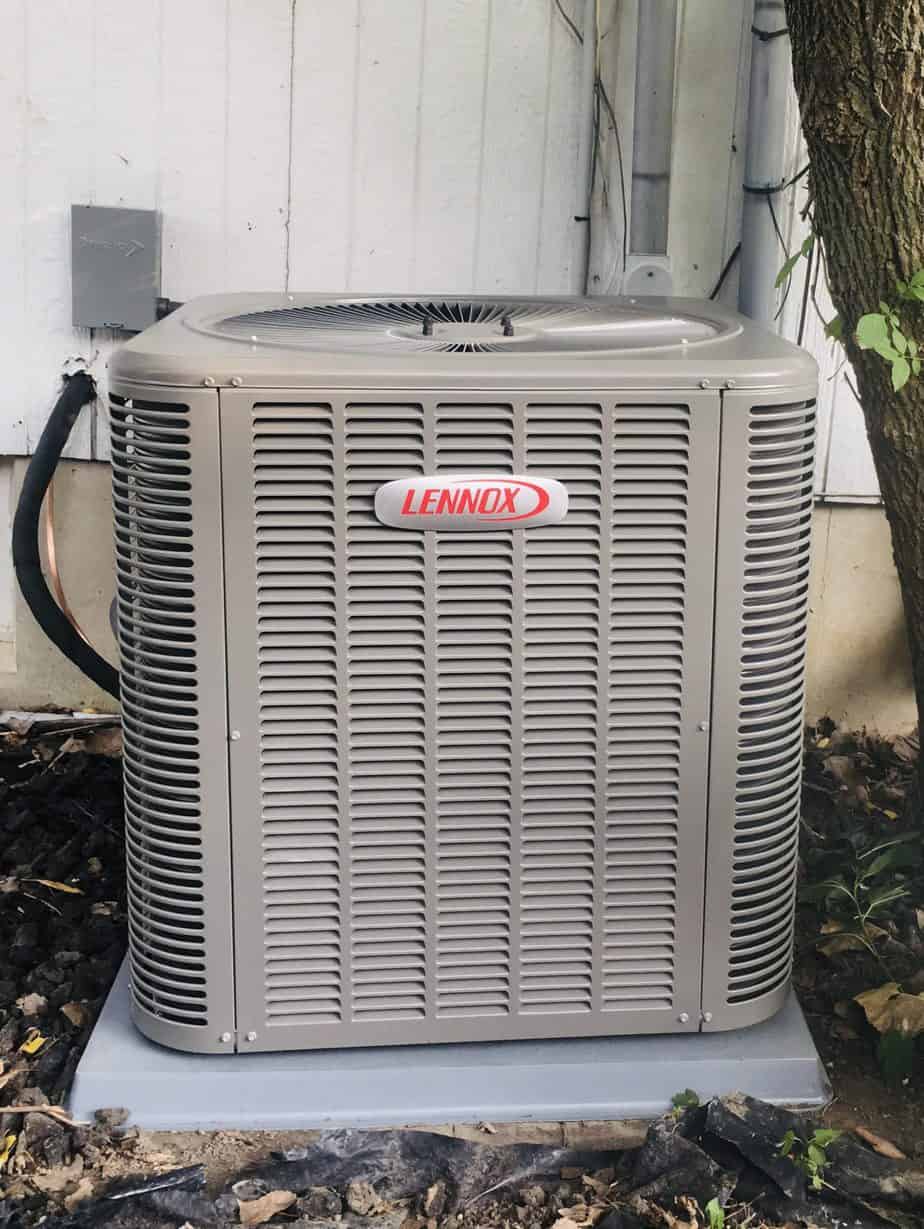Indoor air quality is a vital yet often neglected aspect of our daily lives. Many people are oblivious that the air within our homes and workplaces can be worse than the air outside. This is where heat, ventilation, and air conditioning systems, commonly referred to as HVAC, come into play. These systems not only regulate temperature but also play a significant role in sustaining the air we breathe. Understanding how HVAC works can help you create a better living environment for you and your family.
As we spend a substantial portion of our life indoors, the quality of indoor air has a significant impact on our health, comfort, and overall well-being. From reducing allergens and pollutants to maintaining ideal humidity levels, a efficient HVAC system is essential. This article will walk you through the various parts of HVAC, explore common issues you might encounter, and provide expert tips on maximizing your system's efficiency and enhancing indoor air quality. Whether you are a homeowner looking to improve your system or a corporate leader seeking to improve workplace conditions, understanding HVAC is fundamental to creating a cozy and wholesome environment.
Comprehending HVAC Mechanisms
Heating, Ventilation, and Air Conditioning stands for warming, airflow, plus air conditioning, which are crucial elements for ensuring a cozy interior setting. These systems function to control temperature, moisture, plus air quality within residential plus commercial areas. Through integrating these three functions, HVAC systems serve a vital function in ensuring that your home or workplace stays comfortable throughout no matter the outside temperature.
Heating systems commonly employ heaters or heat pumps for warm indoor spaces during chillier months. In contrast, cooling systems aid lower the temperature of the air during the warm months, providing comfort from the heat and humidity. Airflow is also important because it brings in fresh air from outside and removes stale indoor air, cutting down on pollutants and enhancing overall air conditions. A properly working HVAC system means enjoying maximum comfort and better living conditions.
To fully understand the way these systems work, you must familiarize oneself to the parts, including temperature controls, air ducts, filters, plus more. Regular upkeep and awareness of usual issues can assist ensure your heating and cooling system operates efficiently plus reliably. Getting to know the distinct characteristics of your HVAC system may also help in taking informed choices about improvements and repairs, ultimately enhancing the quality of your living space.
The Impact of HVAC on Indoor Air Quality

Indoor air quality is vital for maintaining a wholesome and pleasant living space, and HVAC systems play a major role in this aspect. Well-designed and upkept HVAC systems purify and circulate the air, eliminating pollutants, allergens, and contaminants that can adversely affect health. This is particularly crucial in homes and commercial buildings where people spend large amounts of time. Effective ventilation, a critical component of HVAC systems, guarantees that clean air is brought in while stale air is expelled, promoting a fresher indoor environment.
Managing humidity is an additional crucial function of HVAC systems that directly impacts indoor air quality. Elevated humidity levels can result in the growth of fungus, bacteria, and dust mites, all of which can trigger allergies and respiratory issues. Conversely, reduced humidity can cause discomfort and trigger dry skin and respiratory problems. An optimized HVAC system helps regulate humidity levels, ensuring a consistent atmosphere that enhances comfort and reduces health risks.
Finally, the varieties of air filters used in HVAC systems considerably influence indoor air quality. visit homepage , for example, are specifically made to retain microscopic particles and allergens, providing purer air. Regular" maintenance and appropriate replacement of air filters are essential to ensure that these systems perform optimally. By choosing the right filters and keeping the system well-maintained, homeowners and businesses can effectively improve indoor air quality, enhancing overall well-being and productivity.
HVAC Care and Performance Recommendations
Frequent maintenance is vital for ensuring your HVAC system functioning efficiently and prolonging its duration. Start by changing the air filters each 1 to three months, depending on usage and the type of filter. Clogged filters limit airflow, making your system work more and causing increased energy consumption and strain on the system. In addition, ensure that the outside unit is free from debris, leaves, or other obstructions, as they can impede its efficiency.
Carrying out seasonal inspections is another valuable strategy to improve HVAC performance. Schedule professional inspections at least twice a year—once before summer and once before winter. During these inspections, a technician can identify potential issues, clean necessary components, and optimize the system's performance. This proactive approach not only guarantee a pleasant environment but also helps in preventing costly fixes down the road.
Finally, consider upgrading to intelligent thermostats and energy-efficient HVAC systems. Smart thermostats enable you to program temperatures based on your schedule, minimizing energy waste when you're not home. Investing in Energy Star-rated equipment can result in substantial long-term savings on energy bills and contributing to a reduction in your carbon footprint. By implementing these maintenance and efficiency tips, you'll create a more pleasant and cost-effective indoor environment.
